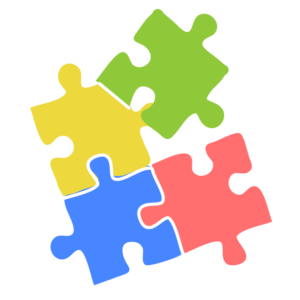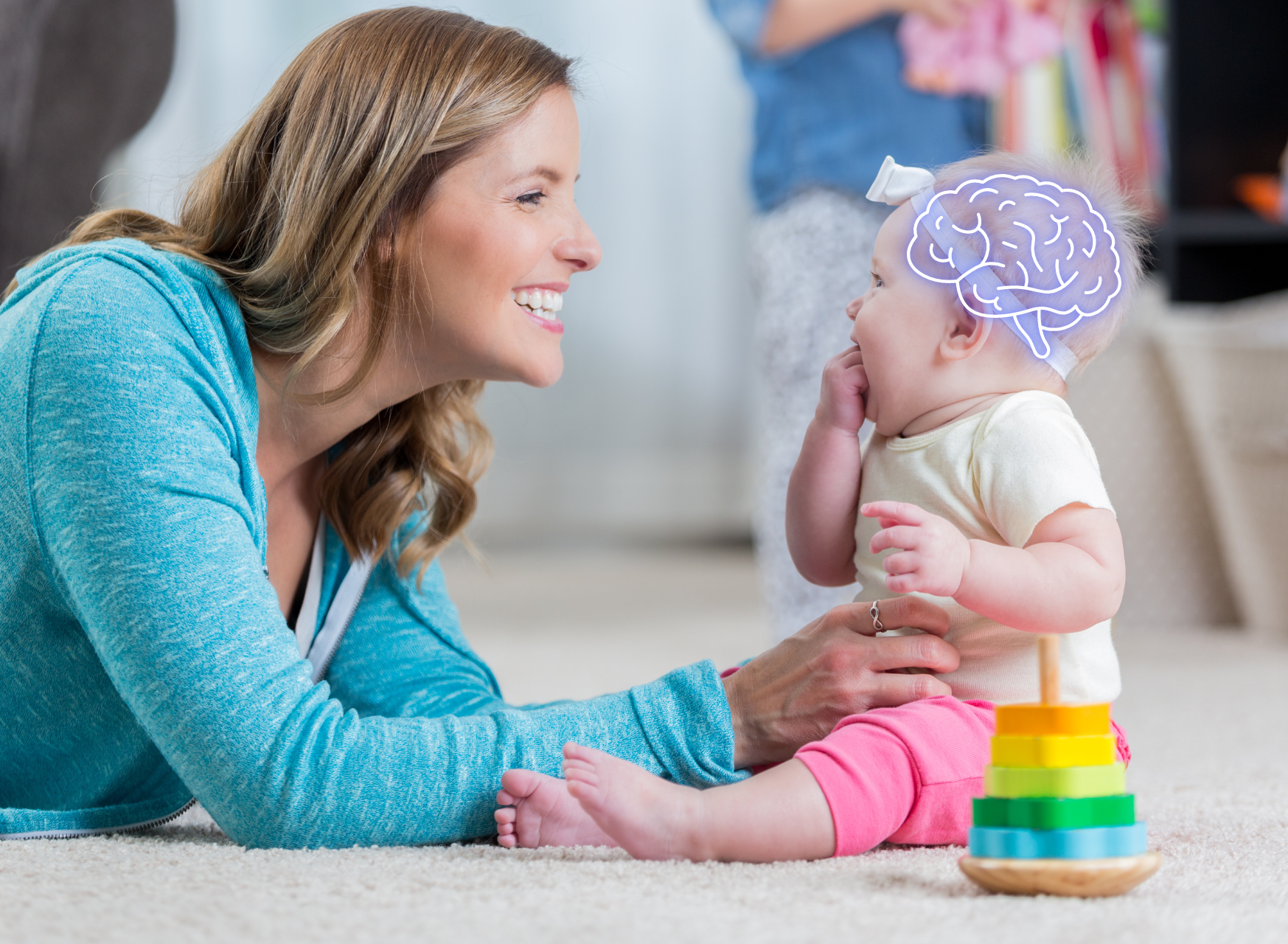Human development’s biggest paradox — the first years
When you look back on your childhood, what is the first memory you can remember, and how old were you? Usually, the first memories you can recall are from 3 to 4, or for some people 5 to 7. Before that, your life seems to be like a blank page. Yet it is scientifically proven, that the most fundamental human brain development happens in the first 3 years, which shapes everything from personality to cognitive skills and lays the foundation for future success and happiness. Even if your conscious brain doesn’t seem to remember anything.
Rapid brain development
The inability to remember early childhood experiences, particularly from infancy and toddlerhood, is often attributed to a phenomenon known as infantile amnesia. It is believed to involve a combination of biological and psychological factors: the ongoing development of the hippocampus, which plays a key role in memory formation, the lack of developed language skills in early childhood, and the natural process of memory maturation and consolidation.
In the first years of a human’s life, even though we don’t retain conscious memories, our brains are busy forming neural connections at a remarkable rate — more than 1 million new neural connections form every second. By the age of three, a child’s brain has approximately 1,000 trillion synapses. These connections are influenced by our experiences and environment, and they lay the groundwork for future learning and behaviour. So, while we might not remember learning to walk or talk, the skills and developments from that time persist and are built upon throughout our lives.
Cognitive development and forming memories are connected
It is important to note that children can form memories, but they can’t remember them as personal experiences as adults do. One of the main reasons is that during the first 3 years, a child’s sense of self is still developing. Children don’t recognize themselves as an individual, separate from other people. From around the age of three, children become more likely to remember information that is related to themselves, such as their own experiences, preferences, and actions. So the self-concept acts as an anchor for memories, giving them personal meaning and context.
 Also, a significant role plays in children’s language skills development in the first years. Language gives children the tools to organize their thoughts and experiences into coherent narratives, which can then be stored as episodic memories. Rapid language development does not only include communication but also enhances the child’s ability to form lasting memories. This is why enriching a child’s language environment with conversation, reading, and storytelling is so important for their overall cognitive development.
Also, a significant role plays in children’s language skills development in the first years. Language gives children the tools to organize their thoughts and experiences into coherent narratives, which can then be stored as episodic memories. Rapid language development does not only include communication but also enhances the child’s ability to form lasting memories. This is why enriching a child’s language environment with conversation, reading, and storytelling is so important for their overall cognitive development.
High quality early childhood education is crucial
In the early years brain is the most receptive to learning and absorbing new information all around them. This is the most important time to invest in a child’s future. Meaningful learning experiences help to build the brain’s structure and function, impacting learning abilities, social and cognitive skills and emotional regulation. High-quality early childhood education programs can provide a structured environment where children can thrive in all these areas, setting a strong foundation for their future learning and development.
Early experiences influence further life
Early childhood experiences play a crucial role in shaping children’s future. While they may not recall these moments consciously, it influences their decisions, relationships, and emotional health. The environment children grow up in, the interactions they have, and the care they receive all have lasting effects on their development and well-being.
References:
- Klein, A. (2023). Can’t Remember Your Childhood? What Might Be Going On. https://www.healthline.com/health/why-cant-i-remember-my-childhood
- Ross, J., Hutchison, J. & Cunningham, S. J. (2019). The Me in Memory: The Role of the Self in Autobiographical Memory Development. https://doi.org/10.1111/cdev.13211
- Cunningham, S.J., Brebner, J.L., Quinn, F. & Turk, D.J. (2014). The self-reference effect on memory in early childhood. https://rke.abertay.ac.uk/ws/portalfiles/portal/8533956/Cunningham_TheSelf-referenceEffectOnMemory_Author_2013.pdf
- Andell, C. (2017)Supporting language development in the early years. https://thespoke.earlychildhoodaustralia.org.au/supporting-language-development-early-years/
- National Center on Birth Defects and Developmental Disabilities, Centers for Disease Control and Prevention. (2023). Early Brain Development and Health. https://www.cdc.gov/ncbddd/childdevelopment/early-brain-development.html
- Shiver, E. (2001). Brain Development and Mastery of Language in the Early Childhood Years. https://www.idra.org/resource-center/brain-development-and-mastery-of-language-in-the-early-childhood-years/
- Lobue, V. (2022). Why You Can’t Remember Being Born: A Look at ‘Infantile Amnesia’. https://www.scientificamerican.com/article/why-you-cant-remember-being-born-a-look-at-infantile-amnesia/

